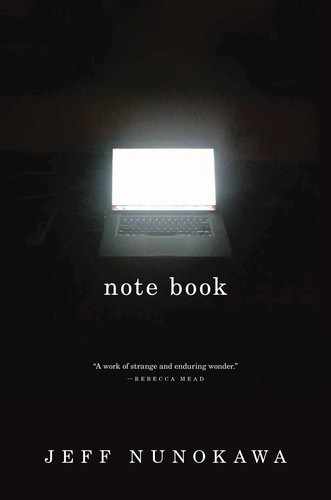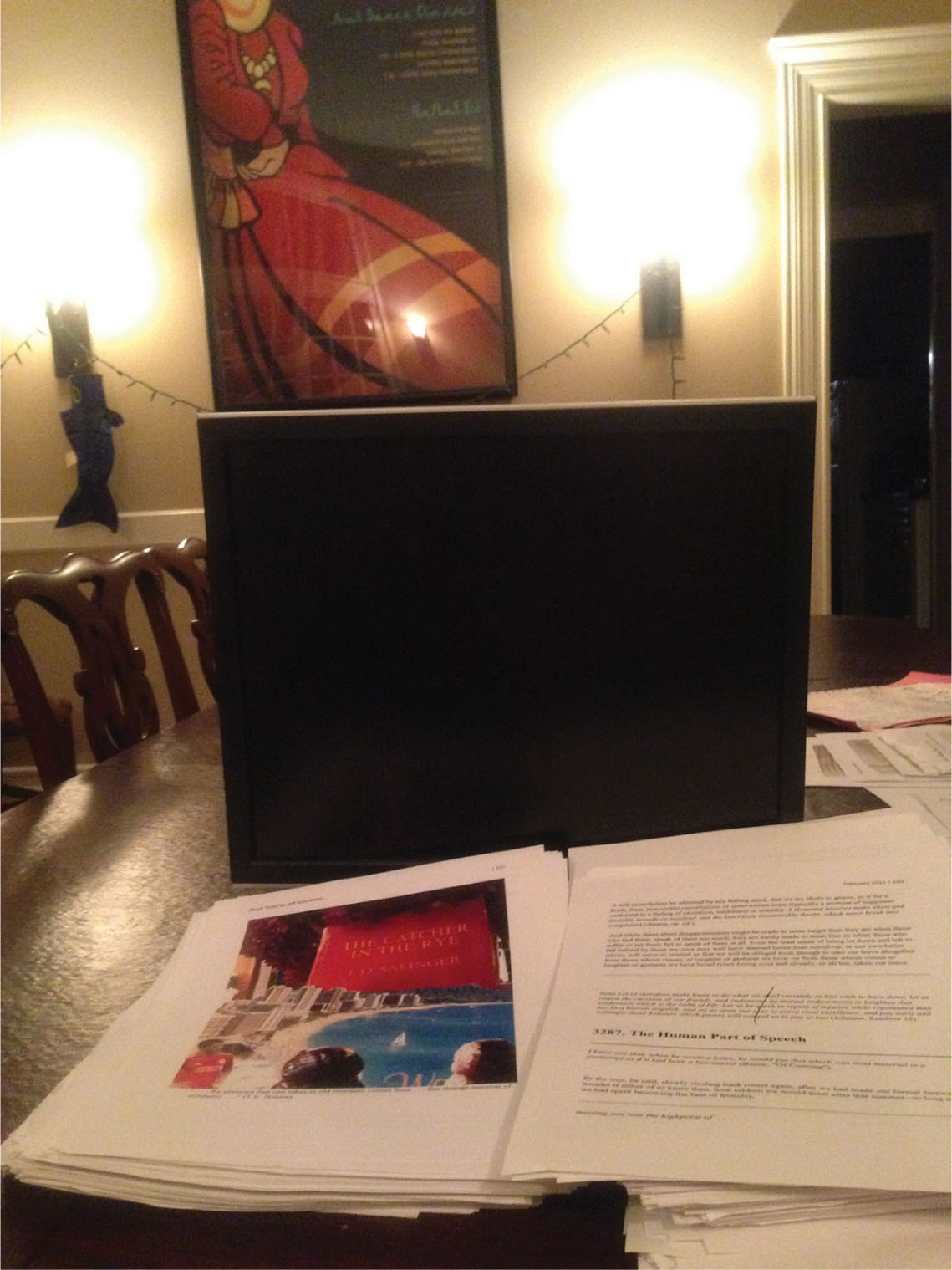5102. Fool for Love
There are various orders of beauty, causing men to make fools of themselves in various styles from the desperate to the sheepish (George Eliot, Adam Bede), and no one has much say over the kind of ass he makes of himself for the kind of beauty he falls for—not much more than he does about the kind of beauty that lands him on his ass in the first place.
I hope you find admitting that to yourself as much a relief as I do.
Note: “touches my foolish heart” (Dorothy Fields, “The Way You Look Tonight”).
5103. Keeping It Public
For Johnson the highest virtues of style are the public virtues
… keeping to what is central in human experience.
William Edinger, Samuel Johnson and Poetic Style
You can drift away from the center, sometimes, just like you can forget to keep the promises you made. At least I can. Sometimes, the need for speed (T. Cruise, Top Gun), the need to feel all shining and new, acts like some strange storm system that keeps me dimly trapped in my old little room, far away from the places we share.
But then I remember that the only way I’ve ever dug my way through anything is when I’ve felt pretty sure that someone was waiting for me on the other side.
Through all kinds of weather, you just keep talking about all the things you share with other people and you just keep on burrowing through, till you reach the place where those others are there to meet you.
Note: “a companionable form” (Coleridge, “Frost at Midnight”).

5104. “How can anyone want such things?”
Elizabeth Bishop, “Crusoe in England”
—all the things I used to need to make a life for myself on the desert island where I was stuck for so long.
(The local museum’s asked me to
leave everything to them …)
I never even look at those things anymore. Why would I? Why would anyone else? I keep them in closets and file cabinets where no one has to see them. They’re boring and dirty. I don’t even know why I keep them around—old clippings and shoes now unfit for my print, or anyone else’s. Then all those pictures I’ve kept—pictures of people I used to love when I was stranded. (Most the time, I don’t even remember the person in the picture, much less who I was that I could love that person so.)
No souvenir helps me remember what really kept me alive during all those years alone.
I don’t need a souvenir for that.
Note: “Friday, my dear Friday, died of measles seventeen years ago come March” (“Crusoe in England”).
5105. Mint Car
Some set out with glorious equipment of hope and
enthusiasm … and get broken by the way.
George Eliot, Middlemarch
—actually, everything’s at least a little broken, even before you drive it off the lot. (You find that out along the way.) And things break down and fall apart more and more as the mileage piles up. (That’s just their way.) But if you can hold on to your ride long enough and keep the transmission tuned, you’ll be driving vintage before you know it.
That’s the Classic Way.
Note: “Long may you run” (Neil Young, “Long May You Run”).

One of the finest things men and women do is rescue men and
women, even when they know they are rescuing the dead.
Norman Maclean, Young Men and Fire
Sometimes, it takes basically no time at all, like when you help someone up from a slip. Other times, it takes a little longer, like when someone needs a line or a ladder. And then there are those times (like with the dead, sometimes) when it takes all the time in the world, and then some.
The thing is, you never really know beforehand how long it will take to help rescue someone, or what, if anything, can be rescued—what can be saved from fire or forgetting.
Still, though, it’s pretty amazing how much work you can do in the dark.
Note: “As eagles eie, that can behold the sun” (Edmund Spenser, The Faerie Queene).
5111. “for One only”
No artist lives and loves, that longs not Once,
and only once, and for one only.
Browning, “One Word More”
Only once? I guess it depends on what you mean by One. If One means a composite of Many (the whole collection of singles whom, at one time or another, you put above all others), well, count me in. I’m there. What I mean is, I’m here.
I’m here and I’m singing and the song is you.
Note: E pluribus unum (Standard).
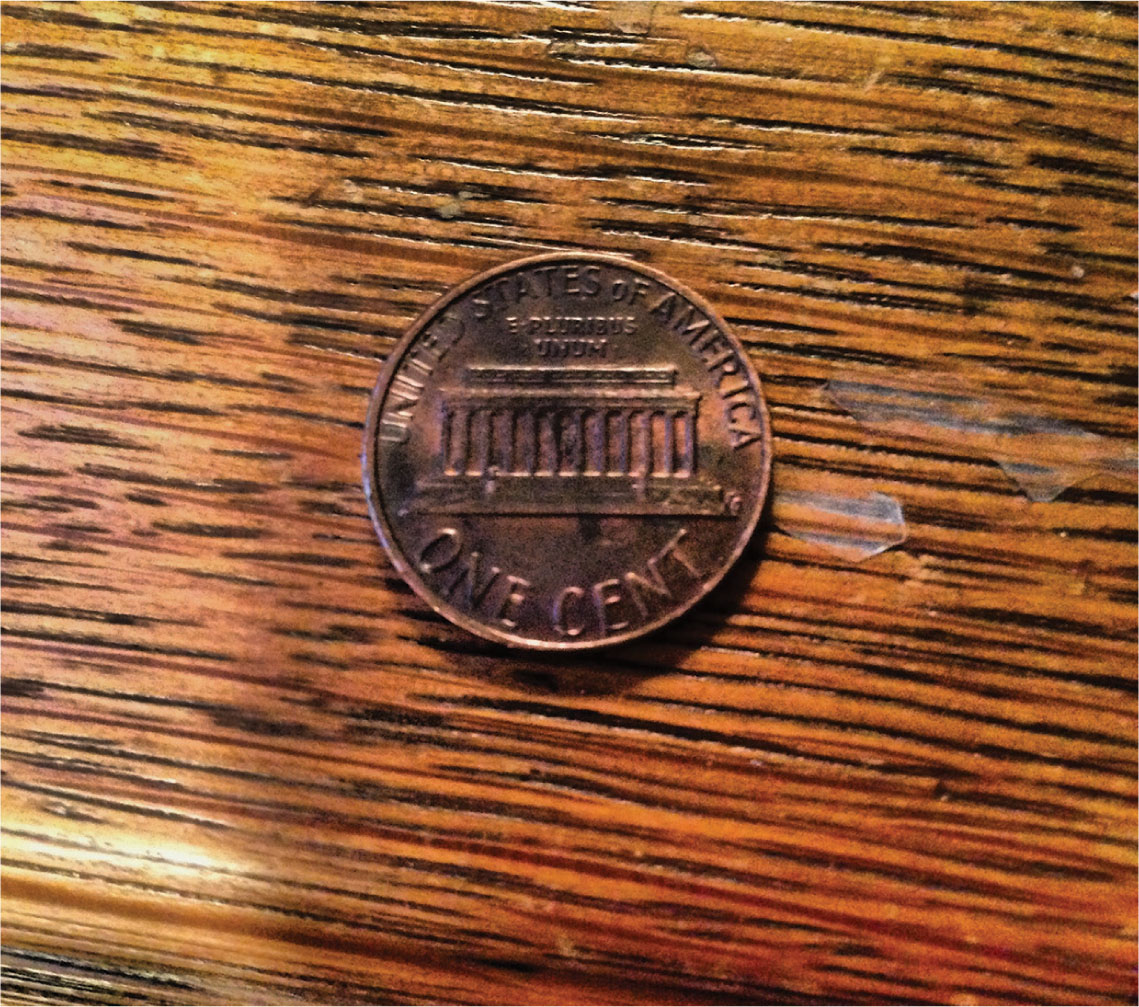
5114. All for Love
Writing to you every morning: writing with all my might, and all my lack of it, has become very important to me. In fact, these notes, where I make up my tunes for love (Joni Mitchell, “For the Roses,” citation altered, but not by a lot), have become the most important part of my day.
So I just hate cutting short our morning call, whatever the more pressing demand (manuscripts, meetings) that obliges me to do so.
And now, look! I’ve spent as much time telling you how much I hate not spending time with you as on many a sunnier day I actually spend with you.
That’s the heart of half the love poems ever written, right?
Note:
Though these things as I ride be from mine eye,
They’re present yet unto my memory.
(Donne, “Good-Friday, 1613, Riding Westward”)
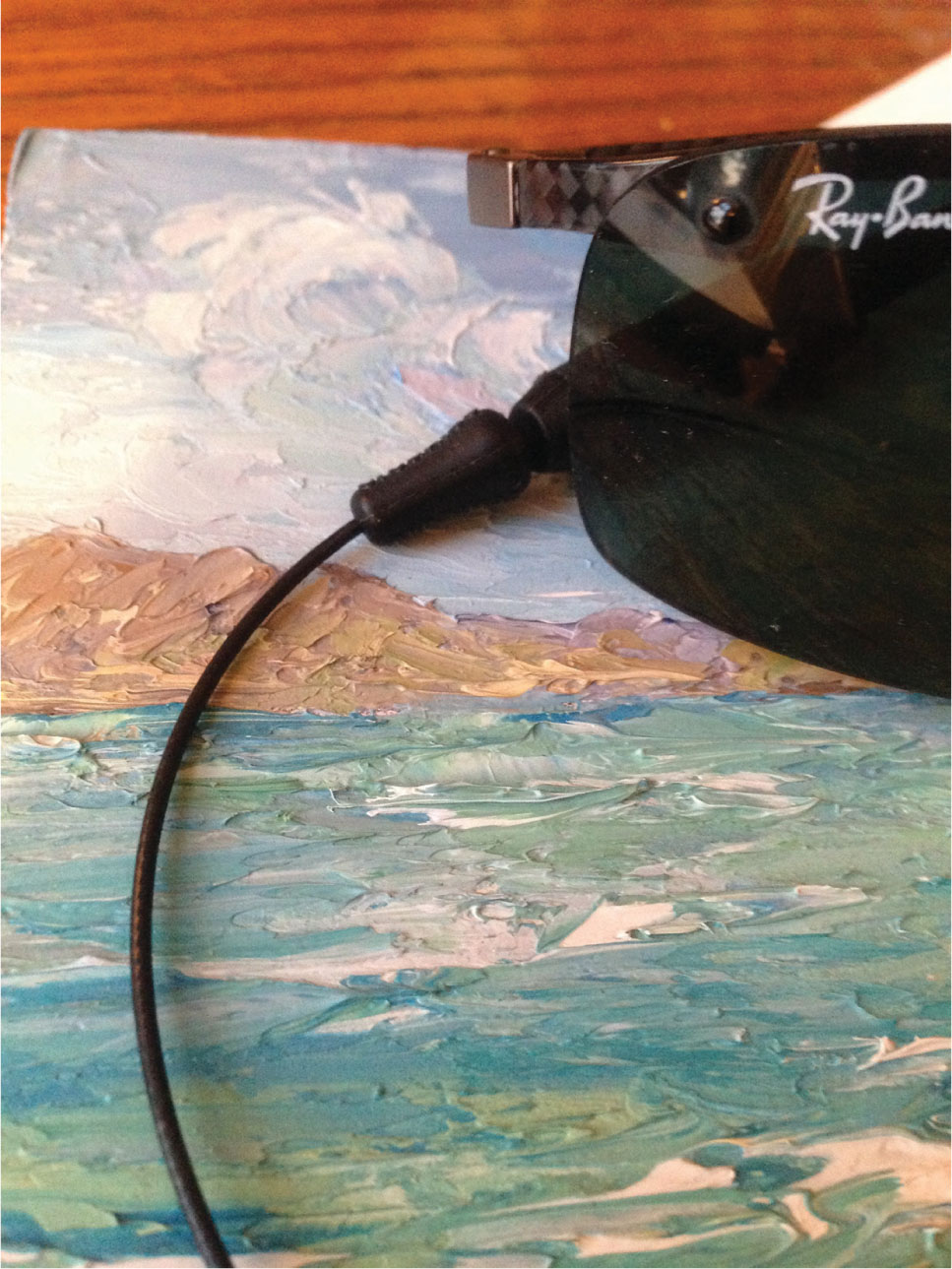
5118. I’m So Much Less Sure of Myself Now Than I Used to Be
As I look back on what I wrote a few years ago, what really stands out is how much more positive and prescriptive I seemed to have felt then than I do now. I am much less sure of myself and of everything about me now than I appeared to be then. That person who seemed so unfilled with doubt: I can’t say I really remember him.
A lot of big doubts have crossed my threshold since. (Am I wrong about everything? Do I seem like an ass, just generally?) And then of course behind all that there is the doubt (my guess is that you know it too) that people have stopped loving me or will soon.
But I know that this feeling of doubt, close enough to dread that they are impossible to tell apart in the dark, will give way to the start of something fulfilling. I just know it. When? Soon enough. I know this as surely as I know that the sun will come up soon.
That’s all for now. More later.
Note: “We don’t remember as exactly the desperate moments when our lives are in the balance as we remember the moments after, when the balance has tipped in our favor and we know we are safe and have turned to helping others” (Norman Maclean, Young Men and Fire).
George Herbert, “Prayer (I)”
Say you’re sending a message to someone and you want it to be perfect. Say you’re trying to reach someone you love as much as you remember ever loving anyone and you figure if you get what you have to say across just right (not too many words, not too few, not too big, not too small, and in exactly the right combination), you will. And when you do, it’ll be like a magic carpet that’ll take you straight to that other party’s heart of gold.
So you keep weaving and reweaving your words until eventually you realize what you guessed from the start: What you most want to get through will get through as much despite your efforts as because of them.
What do you do then? You know: Send.
Note: “The soul in paraphrase, heart in pilgrimage” (“Prayer I”).
These notes, and the daily effort to connect collected in these notes, began partly as a joke—someone else’s joke, actually: a big book of jokes and riddles called Pale Fire, by Vladimir Nabokov. It’s an elaborate and sometimes hysterical ruse: a novel that pretends to be an annotated edition of a poem. The poem is called “Pale Fire.” It consists of a thousand lines and is written by a fictional poet named John Shade. The notes for the poem are written by a fictional critic named Charles Kinbote, and they go on for several hundred pages. You get a pretty good sense of the poet, even though he’s fairly quiet, and a pretty good sense of the critic, even though he talks all the time. It’s an ingenious and very funny book, and it is also a book full of pain. The poet, a wry and oblique Robert Frost type, has a homely and lonely daughter who ends up taking her own life. (I guess she figures no one else would want it.) A lot of the poem seems to feel that loss. The critic, a crazy and fancy refugee, lost most the time in his own lost time, wants the poet and the poem to care most of all about that lost time. (It’s the only way out.) But he doesn’t and it doesn’t, so the critic just goes about his narcissistic business, writing all these baroque and meandering notes that just pretend to explain various lines of the poem but are really all about his own private fears and fantasies. The book is full of pain, all right, the worst of which is that no one in it has any clue about the pain of anyone else.
The format of these notes (my notes) was born out of those notes (the novel’s notes), and some of the notes that I first wrote sought to imitate their silly and supercilious self-centeredness. (Others went to the other extreme and don’t mention me at all, seeking instead to be strict, sleek, self-effacing servants of the text standing over them for review.)
Lately, though, I’ve been thinking: wouldn’t it be better for everyone concerned (artist and critic, daughter and father, writer and reader, lover and loved one, satire and sincerity, subject and object, past and present, before and after, young and old, living and dead, hunter and gatherer, prose and poem, player and pilgrim, pale and pregnant, parody and prayer) if we all just sort of met halfway and did our best to mingle with one another?
Everybody gets to be the star of the story if nobody has to be the only one.
Note: “Frankly I … never excelled in soccer” (note on line 130 of “Pale Fire,” Pale Fire).
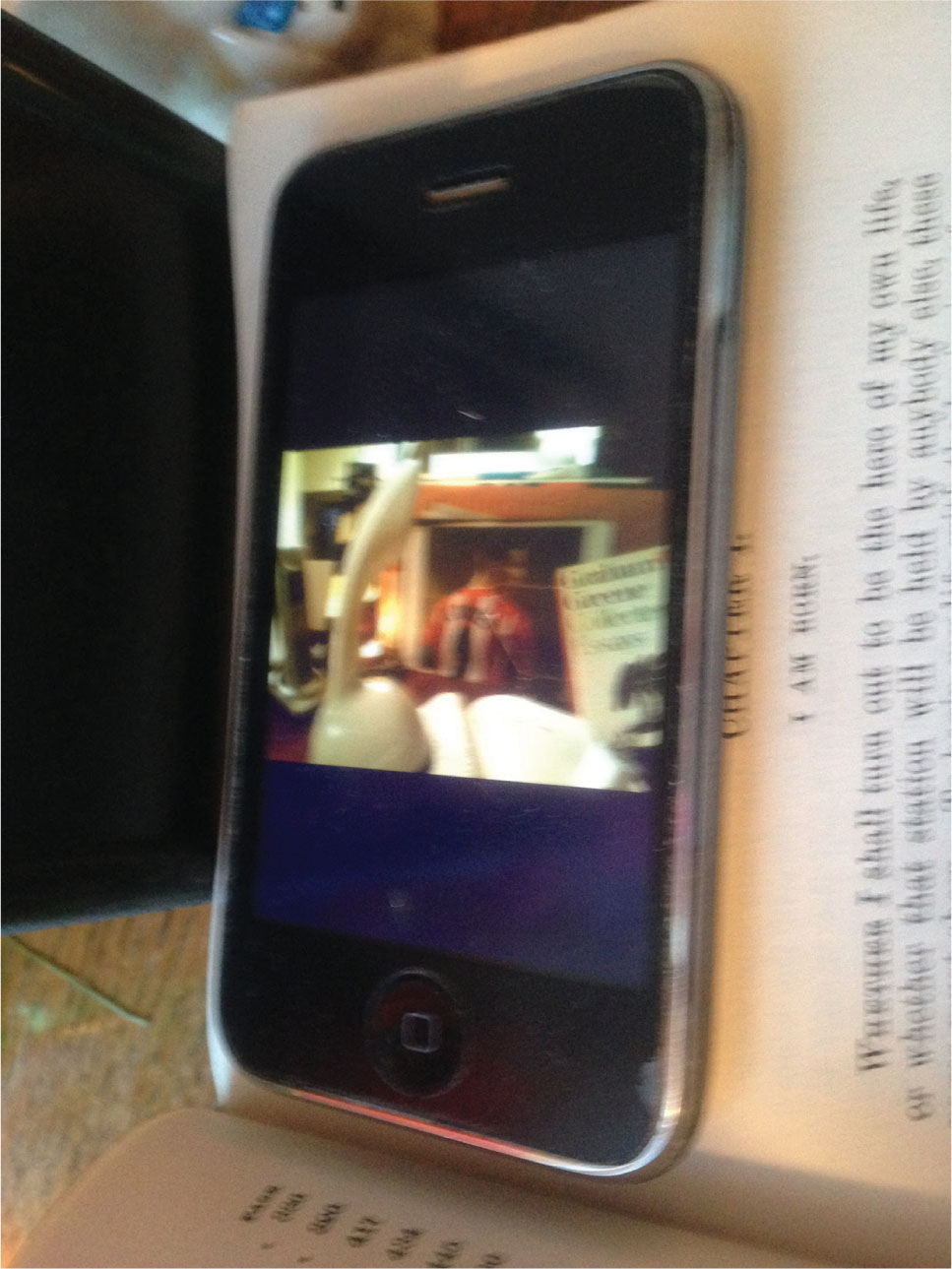
Distressed Signal
I been believing in nothing ever since I was born.
Flannery O’Connor, “Good Country People”
Meanwhile, I’ve been believing in something (finishing a sentence, getting through a cold, making a call on time). And I’ve been believing that you’ve been believing something like that, too.
Note: “that simple” (Flannery O’Connor, “Good Country People”).
5130. Finding Your Way through Fear
“Was there not,” Milner asks, “an Odyssey for those who
were continually aware of their own weakness?”
David Russell, “Tact in Psychoanalysis:
Paying Attention with Marion Milner”
I sure hope so. For some of us, admitting weakness looks like the only way back home. Every morning we wake up worried by what we see around us (burning towers, Cyclopses, men becoming beasts, greens about to turn yellow, etc.), and we wonder how we’ll ever get there—home, I mean, or some other sure shore.
But maybe the fear itself somehow signals the path to such a shore (someplace beyond what we see when we’re scared).
Maybe we can figure out how.
Note: “going gallant” (Hopkins, “The Leaden Echo and the Golden Echo”).

